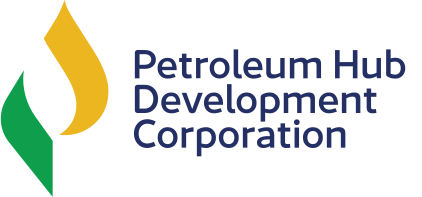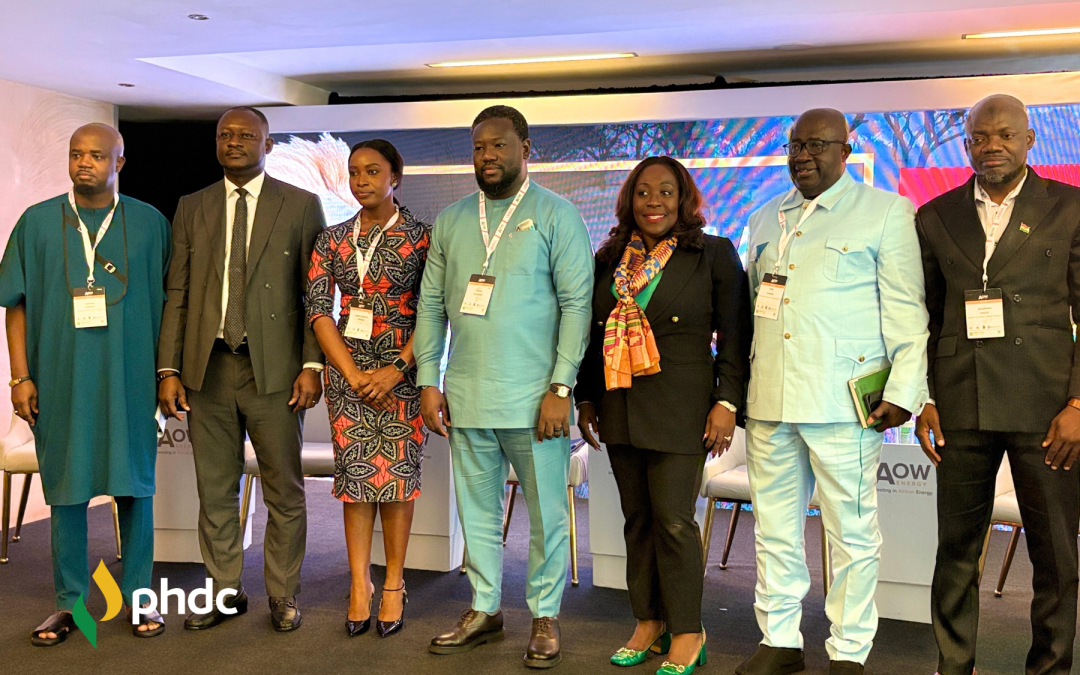The Acting Chief Executive Officer of the Petroleum Hub Development Corporation (PHDC), Dr Toni Aubynn, has strongly defended the viability of the petroleum hub project, describing it as an exceptionally ambitious yet entirely attainable project.
According to him, the project, though monumental, is highly feasible due to a significant gap in Africa’s energy sector, which only a project of the scale of Ghana’s petroleum hub can effectively address.
Contributing to a panel discussion at the Ghana Energy Day of the Africa Oil Week on Thursday, September 18, 2025, Dr Aubynn drew parallels between the petroleum hub project and the visionary initiatives of Ghana’s first President, Osagyefo Dr Kwame Nkrumah.
He noted that Nkrumah’s bold projects, such as the Akosombo Dam and the Tema Industrial Area, which were at the time deemed grand and overly ambitious, have become foundational to Ghana’s development.
“There should be no room for small dreams”, remarked Aubynn. He continued, “It is only big dreams such as the Petroleum Hub that transform nations, so we need to dream big as a people.” The Petroleum Hub is among the top ten largest investment projects in Africa, second only to the Inga Dam project.
“Our first President was very ambitious when he set up the Akosombo Dam, the Tema Industrial Area and other projects. That is the way you build a nation. You may have a big ambition, but start moderately, and that is the vision of the petroleum hub,” he said.
Supported by data, Dr Aubynn highlighted that in 2024, West Africa consumed 44 million metric tonnes of petroleum products, yet only 15% were sourced from the continent.
This heavy reliance on European imports, according to Dr Aubynn, underscores the urgent need for the petroleum hub, which has the capacity to refine, store, and distribute petroleum products far exceeding Africa’s demand.
Addressing concerns about feedstock availability for the hub’s three refineries, projected to process 900,000 barrels per stream day (bpsd), Dr Aubynn dismissed doubts stemming from Ghana’s oil production estimates.
He cited the success of nations like Singapore, South Korea, and Malaysia—none of which possess significant petroleum resources yet excel in refining oil and gas products, arguing that Ghana’s strategic location, stable democracy, and attractive investment incentives would ensure a steady supply of raw materials for the refineries and petrochemical plants.
Dr Aubynn concluded his remarks with a compelling call to both local and international investors to consider the petroleum hub as a prime investment opportunity, emphasising its potential to deliver substantial returns.
Present with Dr Aubynn on the panel were the CEOs of the National Petroleum Authority (NPA), Ghana National Gas Company (GNGC), Tema Oil Refinery (TOR), and Bulk Oil Storage and Transportation Limited Company (BOST).
About the PHDC
The Petroleum Hub Development Corporation (PHDC) was established under the Petroleum Hub Development Corporation Act, 2020 (Act 1053) to lead the development of a world-class petroleum and petrochemical hub in Ghana. The hub is intended to serve the energy needs of the West African sub-region and the broader continent.
PHDC aims to promote innovation, research, and strategic infrastructure development to meet Africa’s growing demand for petroleum products and services. By creating an integrated petroleum value chain, the Corporation seeks to unlock economic opportunities, foster industrial growth, and create sustainable employment for Ghanaians and citizens across Africa.
About the Petroleum Hub Project
The Petroleum Hub Project, estimated at $60 billion, will be located in Jomoro, in Ghana’s Western Region. The hub will comprise: Three refineries with a total capacity of 900,000 barrels per stream day (BPSD),
Five petrochemical plants. Storage tanks with a cumulative capacity of 10 million cubic meters and at least two jetties to support import and export activities.
The project is poised to position Ghana as a leading petroleum and petrochemical hub in Africa, enhancing regional energy security and economic integration.







